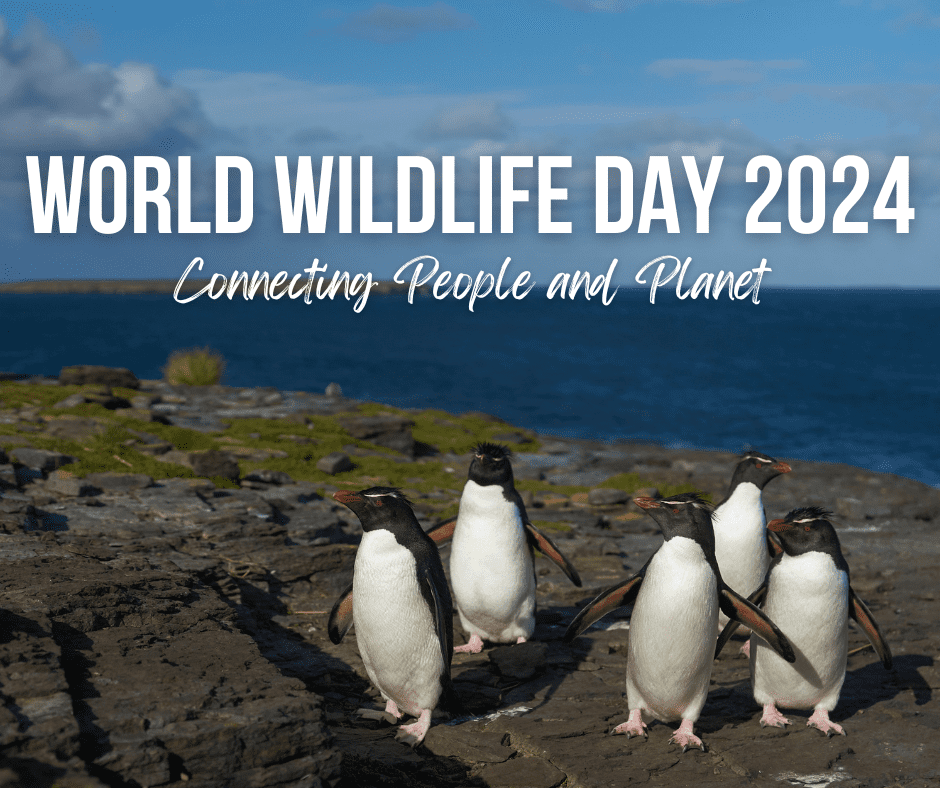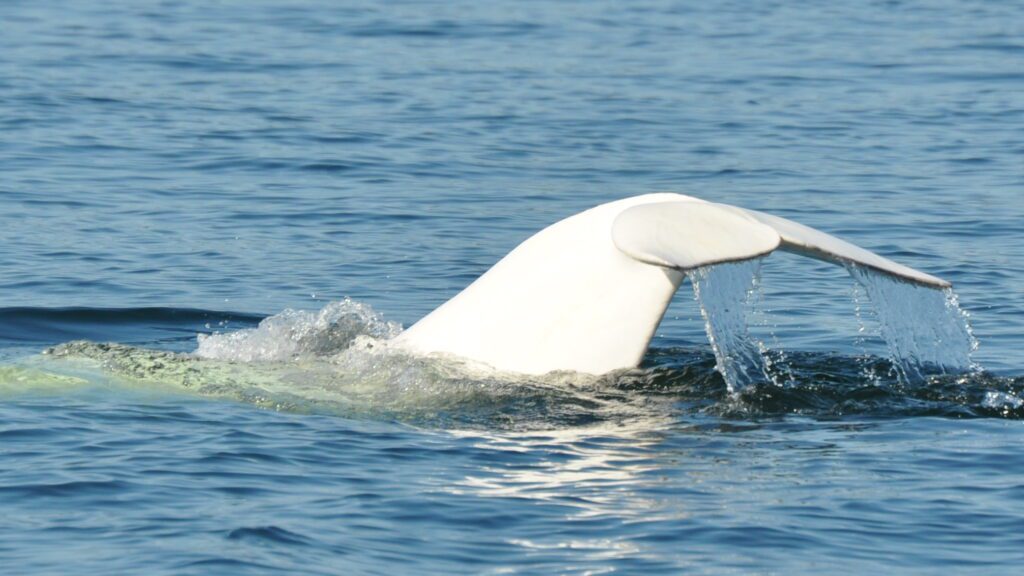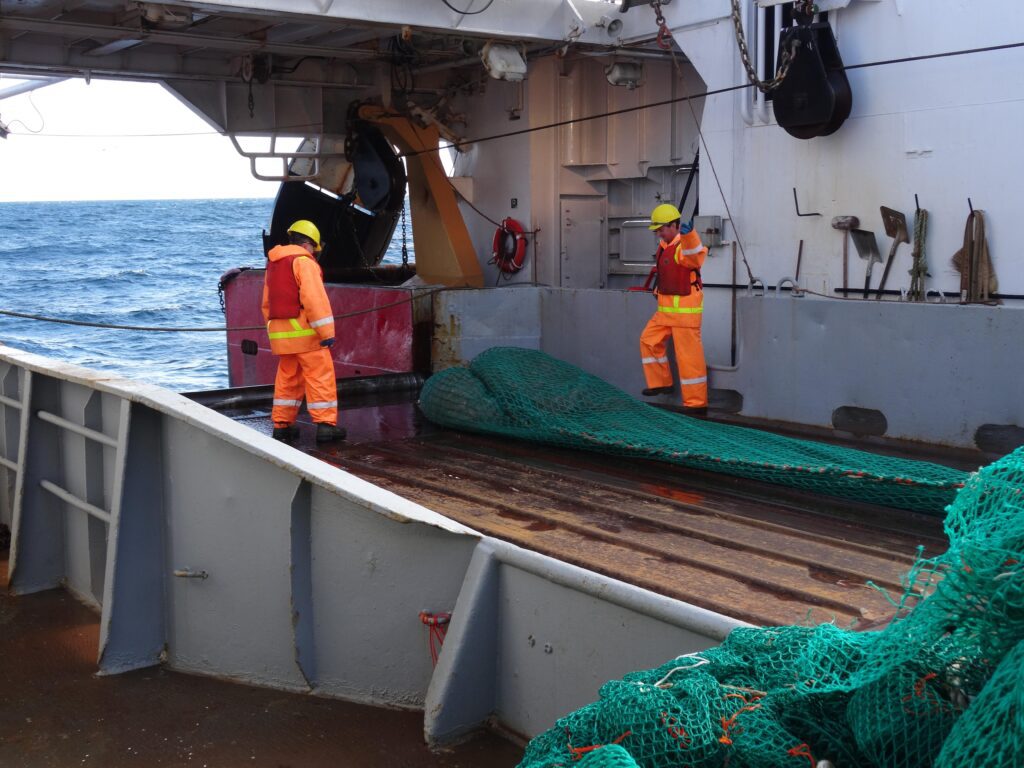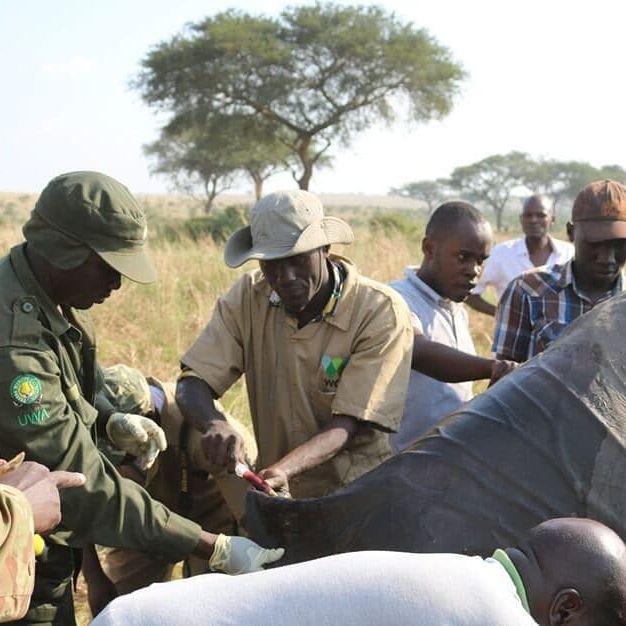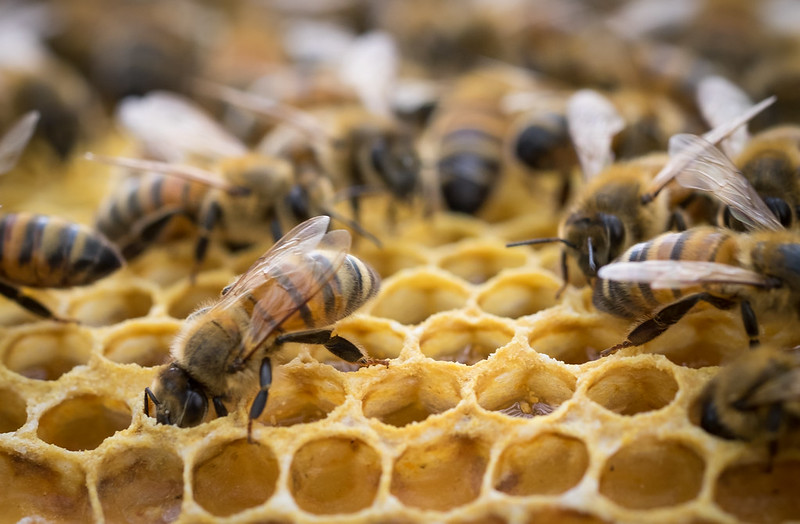Posts Tagged ‘research’
World Wildlife Day 2024
March 3rd is World Wildlife Day, a dedicated time to celebrate the animals and plants that call Earth home and the contributions they make to the planet. It’s important to take a moment to appreciate the beauty and range of life in the world around us. Biodiversity is what keeps our ecosystems functioning and the…
Read MoreToxoplasmosis Transmitted to Beluga Whales
You’ve probably heard of toxoplasmosis before. It’s a common parasitic disease in cat feces. Toxoplasmosis can lead to lethargy, liver damage, and other forms of sickness. It’s why pregnant women are told to avoid cleaning litter boxes. However, toxoplasmosis has been transmitted to beluga whales–how did we get here? Toxoplasmosis in beluga whales To understand…
Read MoreCollaboration is Key to the Wildlife Conservation Puzzle
In the cold northern seas, beluga whales are facing a unique threat. Toxoplasmosis, a parasite transmitted by feline species, has made itself prevalent in the St. Lawrence Estuary. Along the shores, this has led to stranded and deceased whales of a once peaceful population. Collaboration is integral to wildlife conservation. One person, or even one…
Read MoreEntrapped Bolivian River Dolphins
With the support of the Wild Animal Health Fund, two zoo and wildlife veterinarians were called to assist in a major conservation situation in the Santa Cruz region of Bolivia. Landscapes in this area are rapidly changing due to farming and forest fires. Rivers tend to erode bringing silt to the rivers, carrying pesticides, heavy…
Read MoreOil in Uganda, Can it Cause Stress to African Elephants?
Among the 14 research projects the Wild Animal Health Fund approved and funded in 2021 is Dr. James Watuwa’s study on stress levels in African Elephants. Dr. Watuwa is a wildlife and zoo veterinarian with Uganda wildlife conservation education center (Entebbe zoo)as well as a co-founder of the Endangered Wildlife Conservation Organization(EWCO). Based in Murchison Falls,…
Read MoreWhy Research is Important
Why is research important? Simply put, by researching, fact-finding or examining a subject, we gain more knowledge, establish new methods and develop more useful conclusions. These conclusions have the potential to help solve many unanswered questions. These answers, in return, could save so many lives. In the last 150 years, there have been great advancements…
Read MoreHoneybee Research Gives Us Answers
Honeybee research has taught us so much about these important creatures. Did you know that there are 44 subspecies of honeybees that fall into 7 classes of honeybee species? We did not either until specialists did research on honeybees. Honeybees are extremely important to the ecosystems they live in All honeybees are extremely important to…
Read More
